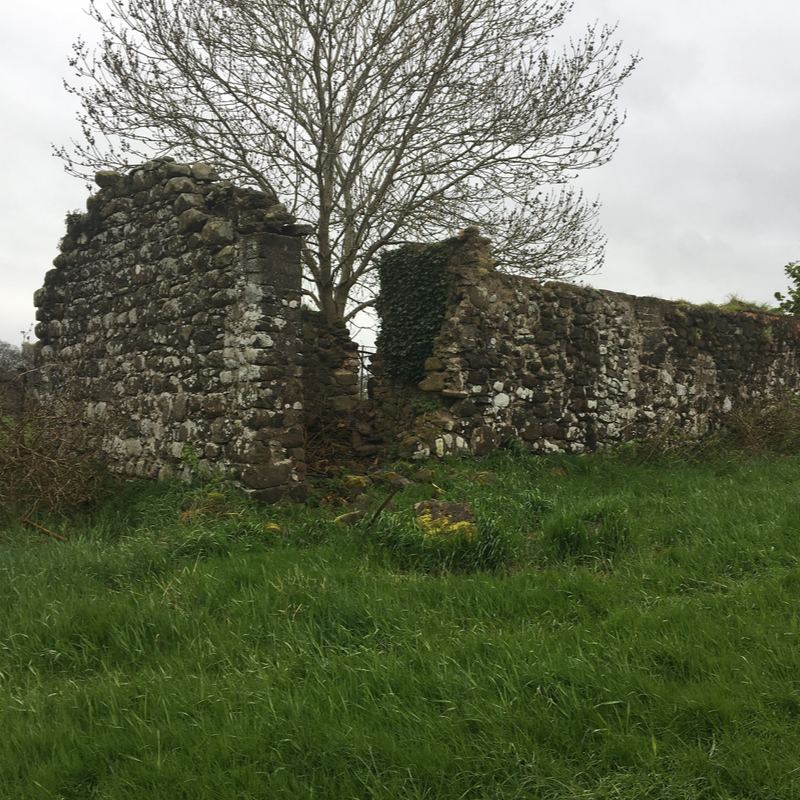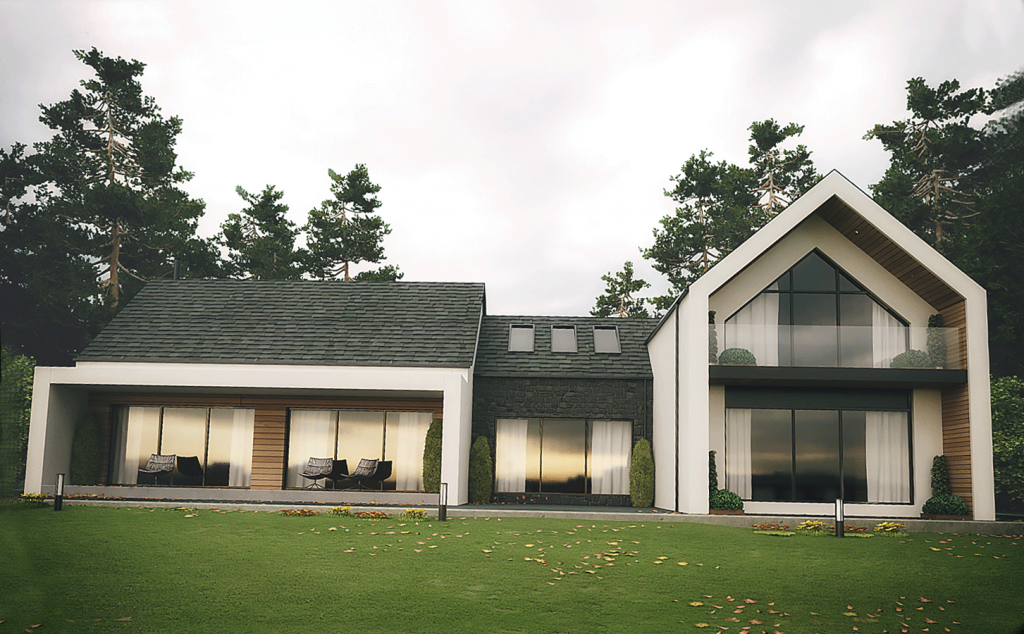Transfer of planning – Planning Reform

Transfer of planning meeting for Mid and East Antrim Area held at ecos Visitor and Conference Centre, Ballymena, County Antrim
On 1 April 2015, the Department of the Environment will hand over planning powers to the 11 new councils. From this date, councils will be responsible for drawing up local development plans, making the majority of planning decisions, and shaping how their area grows and develops in ways that respond to the needs of the communities they serve. This is an exciting time for planning and marks the most significant change to our planning system in over 30 years. Find out more about how these changes will affect you and how the new planning system will work.
Slemish Design Studio Architects will be able to work with both planning & council to help provide a fantastic architectural and planning for all our clients.
Should you have any queries, please do not hesitate to contact our office!!
What powers will my Council have?
The councils’ new Transfer of planning powers will include:
• Developing a local plan which will set out what the council area should look like and how land should be used and developed;
• Making decisions on the majority of planning applications; and
• Investigating alleged breaches of planning control and determining what enforcement action should be taken.
What will the Department be responsible for?
The Department will retain responsibility for deciding regionally significant and called-in applications. It will also set regional planning policy and legislation, provide oversight and guidance, and monitor the performance of councils, providing support were needed.
Is anything else changing?
At the same time as transferring planning to councils, the Department is also introducing improvements which will make planning a speedier, simpler and more streamlined process. These improvements will make it easier for you to access and participate in the planning process as well as helping to deliver faster and more predictable decisions and stronger and more effective enforcement.
How will the new system work?
Planning officers from the Department of the Environment are transferring to councils and will become council employees. They will bring with them their knowledge, skills and experience and will help ensure that the transfer is a seamless process.
Planning applications will be categorised as local, major and regionally significant with councils responsible for determining all local and major applications. Each council will establish a planning committee to consider and decide these planning applications. However, not all applications will come before the planning committee for decision. The vast majority of applications will be delegated to the council’s experienced planners to decide. The applications that are likely to come before the committee for decision may include large developments, contentious applications and those that receive a number of objections. As well as speeding up processing times and keeping down costs, delegating applications in this way will free councillors to deal with complex or contentious cases more promptly.
The types of applications that will normally be delegated to planners to decide and those that will normally come before the planning committee for decision will be published in the council’s Scheme of Delegation, which will be available for the public to view.
What is the Council doing to prepare for these changes?
Councils are working closely with the Department and each other to get ready for these new powers and responsibilities. Councils have identified the location of the local planning office for the new council area. For some council areas this will remain the existing planning office, but for others it will mean opening a planning office for the new council area. DOE planning staff have already started to move to these new offices, working alongside their council colleagues and testing IT and practical arrangements before their formal transfer from the Department to council on 1 April 2015.
Councillors are also preparing for their new role by participating in capacity building training, engaging with planning committees in other parts of the UK and agreeing important policies and procedures for how the new planning system will work.
What benefits will I see?
One of the biggest benefits from these reforms will be putting the decision-making in the hands of those with local knowledge. Local councillors know the local environment, local needs and views of local people and so are best placed to make the decisions on how their area should grow and develop. Councils will be able to approve planning choices suited to local communities and will have greater freedom to respond to local need. They will also be able to ensure that the needs of local businesses are taken into account which can help create jobs and growth in the local economy.
Councils will not be working alone however as the new local development plan process requires councils to consult with local communities. This gives businesses, communities, and local groups and organisations a real opportunity to have a say in shaping the look and feel of their local area.
What are the important dates?
The Department will continue to process all planning applications up to 31 March 2015 and the final decision to grant or refuse planning permission will be the responsibility of the Department.
On 1 April 2015, the Department will transfer to councils any major or local applications that have not been determined. The council will be responsible for making the decision on these applications, along with deciding all new major and local applications that are submitted after 1 April.
Where do I submit my planning application up to and after 1 April 2015?
Currently all planning applications should be submitted to your Area Planning Office. Local Area Planning Officers will be available to offer advice and guidance on what needs to be done to prepare and submit planning applications.
This will be same process after 1 April 2015. The only thing that might change is the location of your local office. Each new council area will have its own local planning office so you may find that your nearest planning office is much closer than before. These new offices will open before 1 April so before visiting or calling your local office, check the list of planning offices at the link below, which will be updated as each new office opens.
Local Area Planning Offices – Planning NI website


